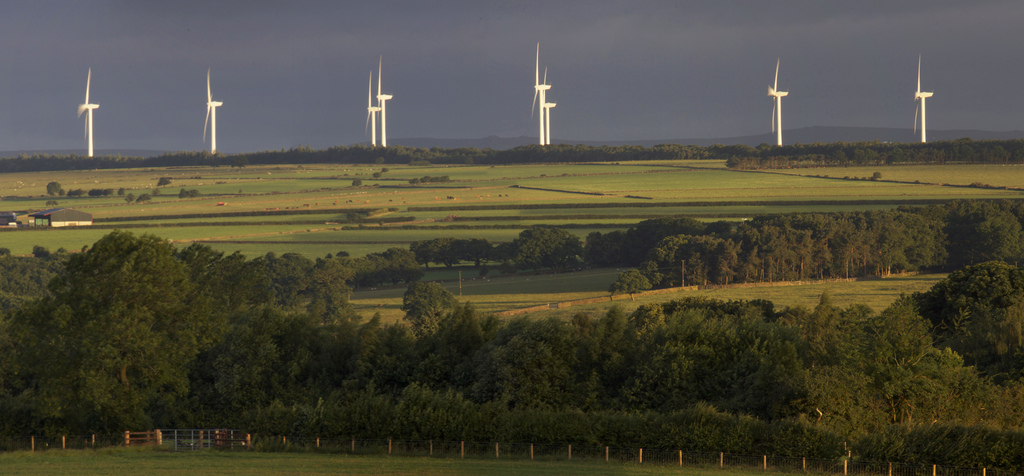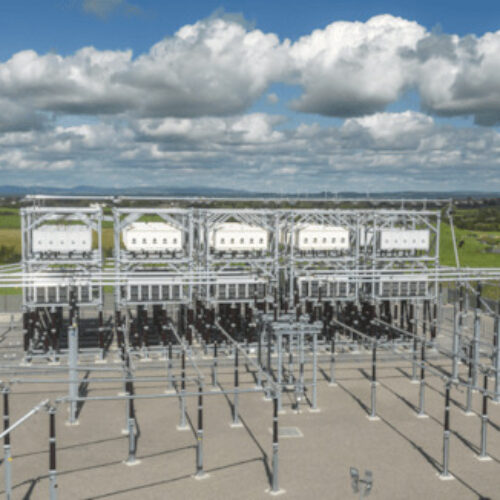A £10 million fund has been made available to support the deployment of low carbon projects in rural parts of Scotland in an effort to boost local economies while reducing carbon emissions.
Up to £100,000 will be available for individual projects from the Low Carbon Infrastructure Transition Programme (LCITP) to support the costs of developing investment-ready business cases.
The Scottish government says the funding round targets rural and remote areas in order to help bridge gaps in capacity, skills and resources. Successful projects will show a potential for increased energy efficiency, reduced emissions and a boost for remote communities through smart, local energy systems.
Paul Wheelhouse, minster for business, innovation and energy, said: “The low carbon and renewable energy sector has been a major driver of Scotland’s economy in recent years, supporting 43,500 jobs. Many of these are in rural areas, where we have developed expertise in solar, wave, offshore wind and tidal, as well as more established technologies such as hydro and onshore wind.
“We can be proud of our innovative culture and this fund will help continue to build the right environment to develop more new ideas, supporting rural communities across Scotland with investment and the creation of further high-value jobs.”
The Low Carbon Infrastructure Transition Programme (LCITP) is a working partnership between the Scottish Government, Scottish Enterprise, Highlands & Islands Enterprise, Scottish Futures Trust and sector specialists.
This partnership is supported by the new 2014-20 European Regional Development Fund (ERDF) programme and has a total of £76 million to invest in low carbon infrastructure projects, of which £33 million is provided through ERDF.
The use of the fund to promote smart energy, low carbon solutions in remote areas has been welcomed but according to Stephanie Clark, policy manager at Scottish Renewables, the government will need to work closely with businesses to deliver results.
“The announcement of a £10 million fund to support the development of business plans for new, innovative energy systems is to be welcomed, but industry and government must work hard to ensure that these plans become reality,” she said.
“Renewable energy technologies like wind, heat pumps, solar and hydro already offer rural communities huge benefits, not least the chance to cut fuel bills and reduce their carbon emissions.
“Less well-known systems like deep geothermal and energy storage have enormous potential, but a lack of deployment means awareness remains low and cost reductions are more challenging to achieve.”





